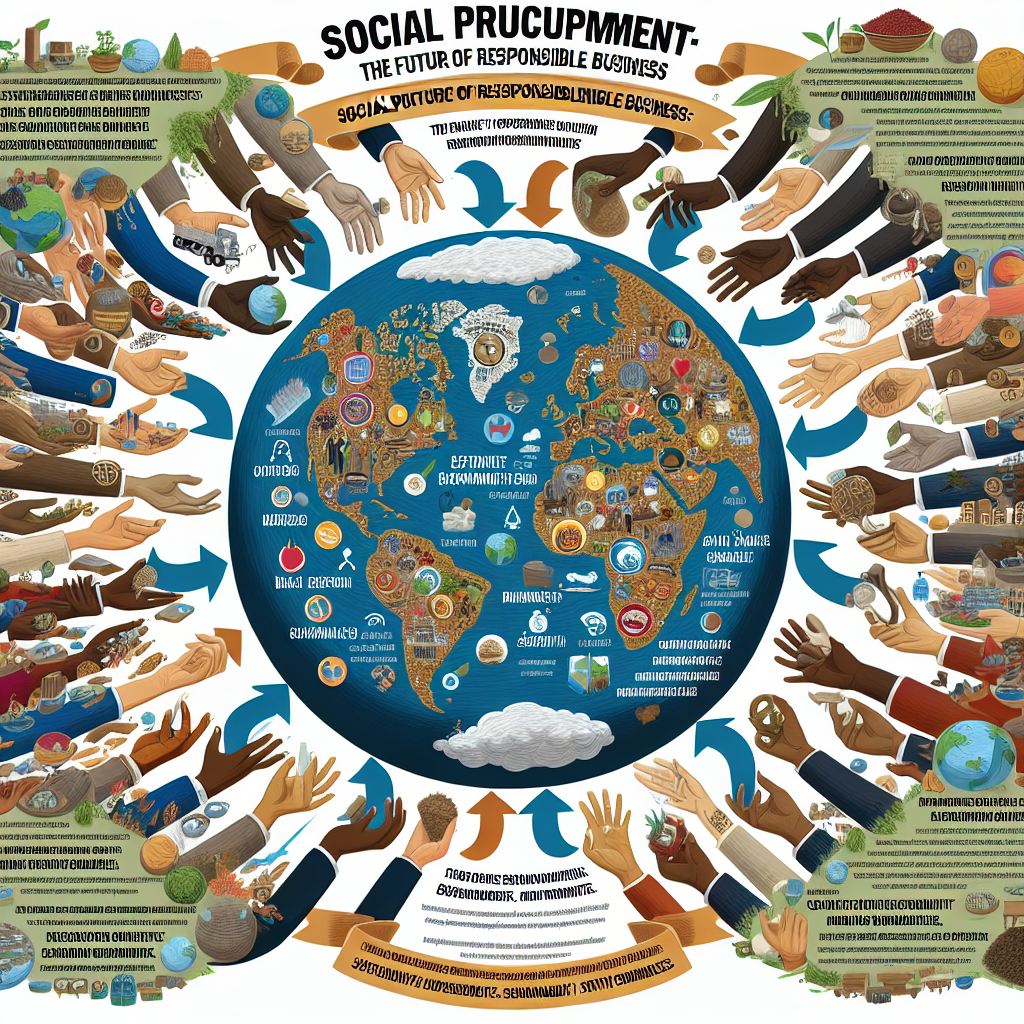The tide is turning. Consumers are demanding more from businesses than just great products, and companies are increasingly seeking ways to meet their sustainability goals and create social value. While consumers want to know products are made with social responsibility in mind, with a positive impact on people and planet, companies are facing both internal drivers and external pressures to develop solid ESG strategies, contribute to the Sustainable Development Goals (SDGs), build local economies, and ensure compliance with emerging regulations.Meeting the demands from all sides goes beyond traditional sourcing. It requires a strategic investment into goods and services – starting with upstream services such as procurement to core operations such as product development and sales to downstream distribution that includes the last mile – from businesses that serve the world’s most vulnerable people and ecosystems: social enterprises. These organizations prioritize social and environmental good alongside financial sustainability, creating jobs, empowering communities, and fostering responsibility.
Why now?
A recent report by Impact Europe, Sattva and SAP reveals a clear trend: 80% of businesses see social procurement as a solution to meeting their sustainability goals. This isn’t just about responding to consumer demand. Companies are recognizing the potential for innovation and growth through collaboration with social enterprises.
Take India, for example, a global leader with over two million social enterprises. Imagine the possibilities for integrating these businesses into supply chains, not just for social good, but for fresh perspectives and untapped talent.
However, there’s a “gap between intention and action,” as the report highlights. While many companies have adopted diverse sourcing practices, only half prioritize supporting local economies and a circular economy. This disconnect underscores the need for a deeper understanding of social procurement’s potential.
The good news is that the trend is moving in the right direction. The rise of social procurement aligns perfectly with the growing focus on environmental, social, and governance (ESG) targets.
For example, social procurement can directly address both the “S” and the “G” that sits at the heart of ESG by supporting small businesses. This is especially pertinent in India where the report has found that MSMEs form 29% of the GDP and more than 90% of businesses in India are micro and small. This focus on social responsibility not only has benefits for local communities, but also enhances a company’s reputation with investors, customers, and employees who value ethical practices.
The report has also revealed that within India there is a unique context for businesses to integrate small suppliers and businesses in larger supply chains which advances and supports inclusivity. Socially responsible suppliers are often open to innovation and able to adapt faster, lead

